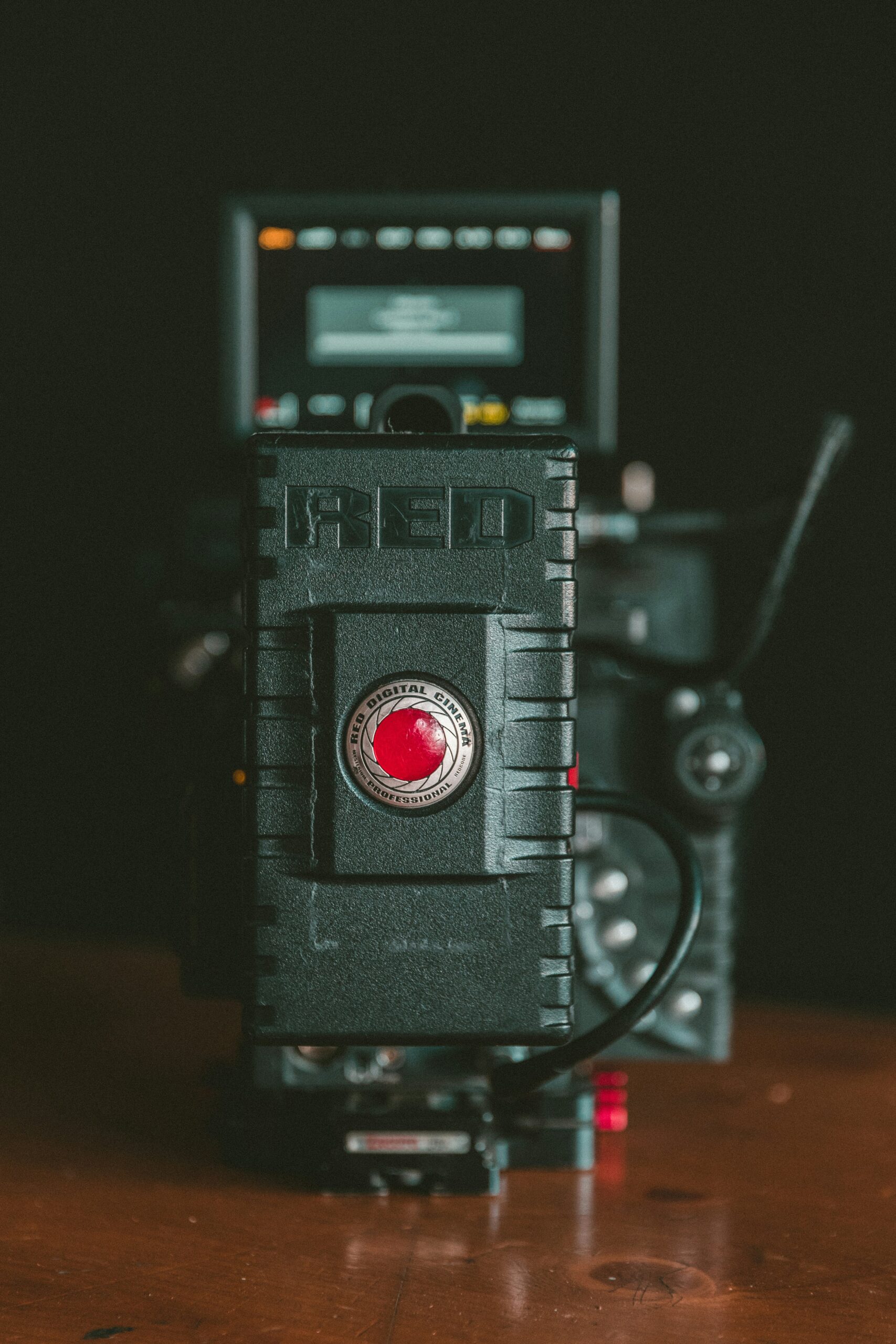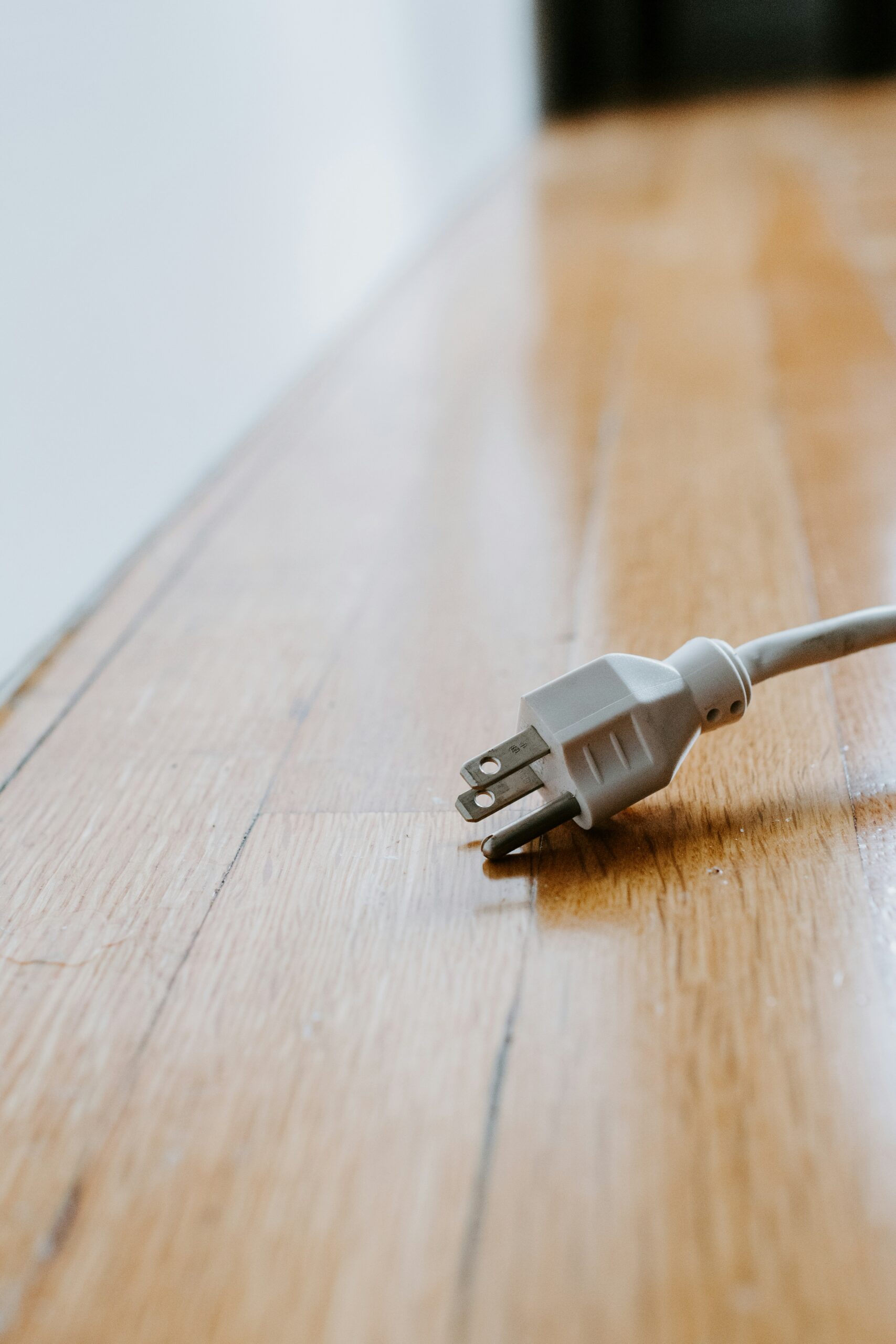Living in an area prone to extreme weather conditions can be quite a challenge, especially when it comes to ensuring a steady and reliable power supply. Many people turn to home power backups as a solution, expecting them to provide uninterrupted electricity when they need it the most. But the question remains: Are these home power backups truly reliable during extreme weather conditions? Let’s explore this topic further and understand the factors that determine their performance and effectiveness in the face of nature’s fury.
Understanding Home Power Backups
Definition of power backups
Home power backups, also known as backup power systems or emergency power systems, are devices or systems designed to provide electricity to a residence during power outages. These backups act as a reliable alternative source of energy to ensure that essential appliances and devices can continue to operate even when the main power grid fails.
Types of home power backup systems
There are several types of home power backup systems available on the market, each with its own unique characteristics and advantages. The most common types include battery-operated backups, generator-based backups, and solar-powered backups.
Battery-operated backups utilize rechargeable batteries to store electrical energy and release it when needed. Generator-based backups, on the other hand, use combustion engines to produce electricity. Lastly, solar-powered backups harness the energy from the sun and convert it into usable electrical power.
How home power backups work
Home power backup systems work by automatically detecting the loss of grid power and quickly switching over to the backup power source. This seamless transition ensures that essential appliances, such as refrigerators, lights, and medical devices, can continue to function uninterrupted.
Battery-operated power backups use inverters to convert the battery’s DC (direct current) power into AC (alternating current) power, which is what most home appliances require. Generator-based power backups utilize internal combustion engines to generate electricity, while solar-powered backups use photovoltaic panels to convert sunlight into usable electricity.
Extreme Weather Conditions and Power Outages
Common types of extreme weather that cause power outages
Extreme weather events such as hurricanes, tornadoes, blizzards, and severe thunderstorms are some of the main culprits behind power outages. These weather phenomena can cause extensive damage to power transmission lines, poles, and electrical infrastructure, resulting in widespread power blackouts that can last for hours, days, or even weeks.
Consequences of power outages due to extreme weather
Power outages caused by extreme weather conditions can have a significant impact on households and communities. Besides the inconvenience of living without electricity, power failures during extreme weather can lead to safety hazards, disrupted communication lines, and potential damage to electronic devices and appliances.
Importance of power backups during extreme weather
Home power backups play a crucial role during extreme weather events. They ensure that essential functions are maintained, such as heating or cooling systems, medical equipment, and communication devices. Additionally, power backups offer a sense of security and peace of mind during these challenging times, allowing individuals to cope more effectively with the effects of extreme weather.

Reliability of Home Power Backups
Assessing the reliability of home power backups
The reliability of home power backups depends on several factors, including the quality of the equipment, the installation process, and regular maintenance. It is crucial to choose reputable brands and consult with professionals to ensure that the backup system meets specific requirements and is capable of delivering the necessary power output during outages.
Factors affecting the reliability of power backups
Several factors can influence the reliability of home power backups. These include the capacity and efficiency of the system, the quality of the components used, and the robustness of the built-in safety features. Regular inspections, timely repairs, and adherence to manufacturer guidelines are essential to maintain the reliability of the backup system over time.
Measuring the performance of home power backups
The performance of home power backups can be measured in various ways. Key indicators include the system’s response time during a power outage, the ability to sustain the required power load for an extended duration, and the overall durability of the backup system. Manufacturers often provide specifications and performance data to assist consumers in evaluating the performance of different models.
Durability of Power Backup Systems in Extreme Conditions
How extreme weather conditions could affect power backups
Extreme weather conditions can present challenges to the durability of power backup systems. High winds, heavy rain, extreme temperatures, and potential water ingress can compromise the integrity of the system. Components such as batteries, electrical connections, and control panels may suffer damage or failure if not adequately protected.
Features that make power backups withstand extreme weather
Power backup systems designed to withstand extreme weather conditions often incorporate specific features to enhance durability. These may include weather-sealed enclosures, corrosion-resistant materials, and advanced cooling mechanisms to dissipate excess heat. Additionally, proper installation, grounding, and regular maintenance can significantly enhance the system’s ability to withstand extreme weather.
Maintenance of power backups during extreme conditions
During extreme weather conditions, it is vital to perform regular maintenance and inspections on power backup systems to ensure their continued reliability. This includes checking for signs of damage, cleaning and clearing any debris or obstructions, and verifying the functionality of safety mechanisms. Following manufacturer guidelines and seeking professional assistance when needed can help homeowners maintain their power backups effectively.

Battery Operated Power Backups
Functioning of battery-operated power backups
Battery-operated power backups utilize rechargeable batteries to store electrical energy. These batteries are charged when the main power supply is available and discharge their stored energy when the grid goes down. Inverter systems within the backup unit convert the DC power from the battery into the AC power required to run household appliances and devices.
Pros and cons of battery-operated power backups during extreme conditions
Battery-operated power backups offer several advantages during extreme weather conditions. They are silent, reliable, and do not require fuel or external power sources. However, the duration of power supply is limited by the battery’s capacity, and if power outages persist for extended periods, the battery may need replacement or recharging. Additionally, extreme temperatures can affect battery performance and lifespan.
Best practices for maintaining battery-operated power backups in extreme weather
To ensure the longevity and reliability of battery-operated power backups during extreme weather, it is essential to follow best practices. This includes regular battery maintenance, such as checking for corrosion or damage, replacing old batteries as needed, and testing the system periodically to verify performance. Storing batteries in a cool, dry environment can also help extend their lifespan and overall performance.
Generator-Based Power Backups
Working of generator-based power backups
Generator-based power backups utilize internal combustion engines to generate electricity. These engines are typically fueled by gasoline, diesel, or natural gas and produce electrical power through an alternator. When the main power supply is interrupted, the backup generator automatically starts and switches to supply electricity, ensuring continued operation of essential appliances and devices.
Strengths and weaknesses of generator-based power backups during extreme conditions
Generator-based power backups offer several strengths during extreme weather conditions. They can provide a high power output for an extended duration, making them suitable for larger homes or households with significant power needs. However, generators require fuel and regular maintenance. They can be noisy, emit fumes, and may not be suitable for all environments or residential areas due to zoning laws or noise restrictions.
Maintenance tips for generator-based power backups
Proper maintenance is crucial to ensuring the reliability and longevity of generator-based power backups. Regular maintenance tasks include checking fluid levels, changing oil and air filters, inspecting fuel lines and connections, and testing the generator under load periodically. It is also essential to store fuel safely and follow all safety guidelines when operating the generator to minimize the risk of accidents or hazards.

Solar Powered Backup Systems
Understanding solar-powered backup systems
Solar-powered backup systems utilize photovoltaic panels to convert sunlight into electrical energy, which is then stored in batteries for future use. These systems can operate independently of the grid or be connected to it through a grid-tied setup, allowing excess energy to be fed back into the power grid.
Benefits and drawbacks of solar power backups in extreme weather
Solar-powered backup systems offer several benefits during extreme weather conditions. They harness renewable energy, reduce reliance on fossil fuels, and can provide a continuous power supply as long as sunlight is available. However, solar power generation can be affected by overcast skies, heavy snowfall, or lack of sunlight, reducing its effectiveness during certain extreme weather events.
How to maintain solar-powered systems during extreme conditions
Maintaining solar-powered backup systems during extreme weather conditions involves a combination of proper installation, proactive maintenance, and strategic planning. Regular inspections of the panels, wiring, and connections are essential to ensure optimal performance and detect any damage or malfunctions. Proper cleaning of the panels and removing any snow or debris can also enhance energy production during extreme conditions.
Professional Installation vs DIY Power Backups
Comparing professional installation and DIY power backups
When it comes to installing home power backups, homeowners have the option to either hire professionals or undertake the installation themselves. Professional installation offers the expertise and knowledge of trained technicians, ensuring a safe and efficient setup. DIY installations, on the other hand, can be cost-effective and allow for greater customization.
The impact of installation on the reliability of power backups
The installation process has a significant impact on the reliability of home power backups. Improper installation can lead to electrical hazards, reduced energy efficiency, or even complete system failure. Hiring professionals ensures that the backup system is correctly installed, following all safety codes and manufacturer guidelines, thereby maximizing its reliability and performance.
Factors to consider when choosing between professional and DIY installation
Several factors should be considered when deciding between professional and DIY installation of home power backups. These include the complexity of the system, familiarity with electrical work, available time and resources, and personal comfort level with handling electrical components. It is advisable to assess these factors honestly and consult with experts to determine the best installation option for individual needs and circumstances.
Safety Considerations for Power Backups
Potential risks associated with power backups
Power backups, while providing essential electricity during outages, do come with potential risks. These risks include electrical shock hazards, fire hazards due to improper wiring or use of substandard equipment, and exposure to harmful emissions or fumes, especially in the case of generator-based backups. It is important to be aware of these risks and take appropriate safety precautions.
Safety measures to observe when using power backups
To ensure the safety of individuals and the proper functioning of power backup systems, several safety measures should be observed. These include using appropriate electrical outlets and connections, avoiding overloading the backup system, keeping the area around the system clear of debris or flammable materials, and following all manufacturer instructions and safety guidelines. Regular inspections, maintenance, and periodic testing are also essential for identifying and addressing potential safety issues.
How to handle power backups safely during extreme conditions
During extreme weather conditions, it is crucial to handle power backups safely to avoid accidents or further damage. This includes ensuring that the backup system is protected from the elements, such as covering it with weather-resistant enclosures or tarpaulins. It is important to avoid operating power backups indoors unless specifically designed for indoor use to prevent the risk of carbon monoxide poisoning. In case of emergencies or any signs of malfunction, it is advisable to contact professionals for assistance.
Future Trends in Home Power Backup Systems
Innovations in power backup technology
As technology advances, home power backup systems are expected to undergo significant innovations. These may include improvements in battery technology, such as the development of more efficient and longer-lasting batteries. Additionally, the integration of smart technology, such as remote monitoring and control capabilities, is likely to provide homeowners with enhanced control and convenience.
Prospects for more reliable home power backup systems
The prospects for more reliable home power backup systems are promising. Advances in materials science, renewable energy, and engineering are driving the development of backup systems that are more robust, efficient, and capable of withstanding extreme weather conditions. Manufacturers are continuously working towards improving the quality and performance of power backups to provide homeowners with uninterrupted and reliable electricity during outages.
The role of climate change in the development of power backup systems
The increasing frequency and severity of extreme weather events due to climate change have highlighted the importance of reliable power backup systems. Climate change is spurring the development of more resilient and sustainable energy solutions, including advanced home power backup systems. As the effects of climate change intensify, the demand for reliable sources of backup power will only continue to grow, driving further innovation in this field.
In conclusion, home power backups are essential during extreme weather conditions, providing a reliable source of electricity when the main power grid fails. Understanding the different types of home power backup systems, their functioning, and maintenance requirements is crucial for homeowners. Factors such as reliability, durability, and safety must be considered when choosing and maintaining a power backup system. With ongoing advancements in technology and increasing awareness of climate change, the future holds promising possibilities for more reliable and efficient home power backup systems.

